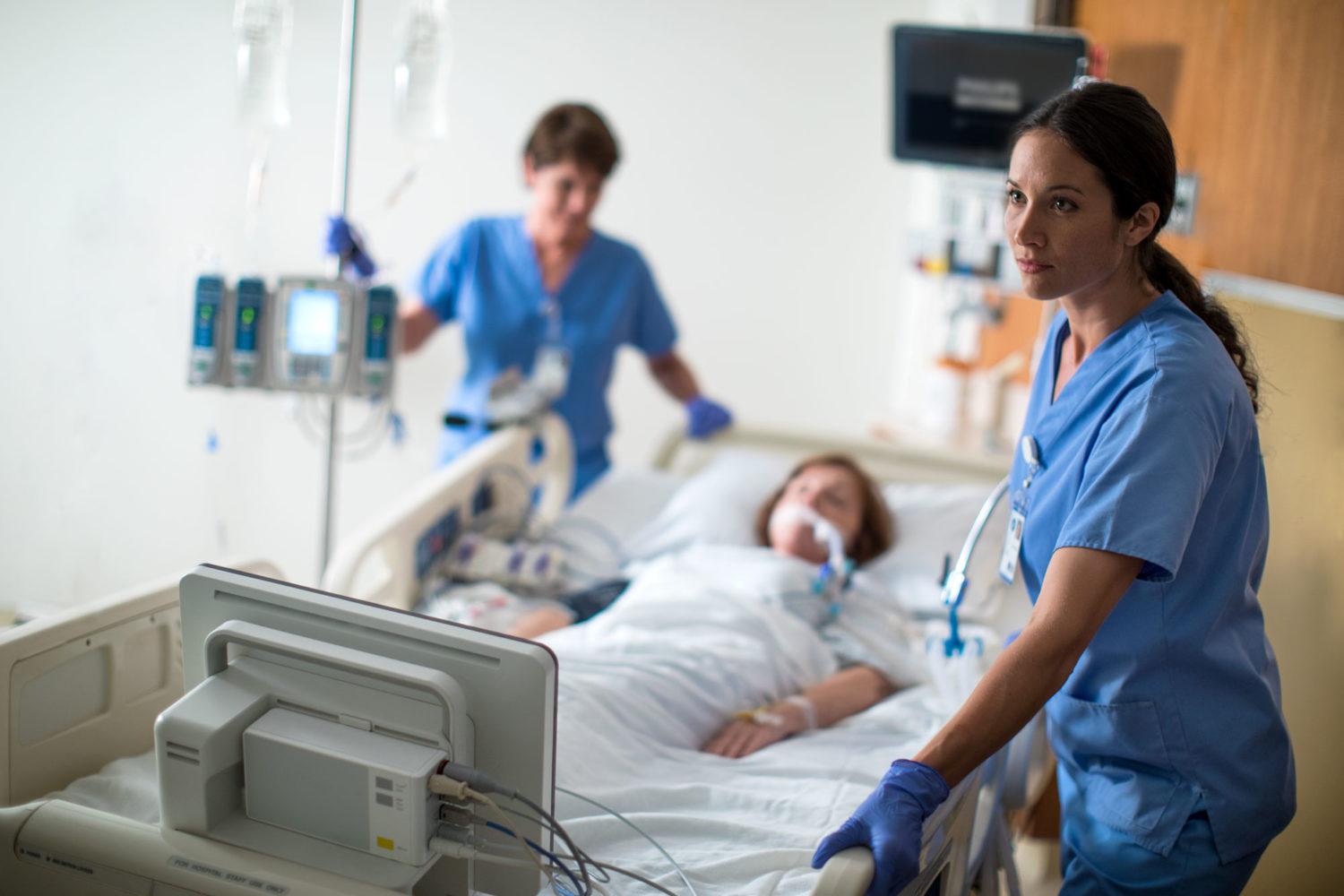
What You Should Know:
– Philips today announced the launch of its Rapid Equipment Deployment Kits, which provide doctors with critical care patient monitoring solutions they can quickly implement in the ICU. The Rapid Equipment Deployment Kits use advanced patient monitoring technology to enable care teams to swiftly scale up critical care capabilities within just a few hours, and help hospitals meet on-demand access during these pressing times of COVID-19.
– Arriving at hospitals fully configured and ready-to-deploy, the kits are pre-built and pre-packed into sturdy cases and can be transferred from hospital to hospital as needed. After a crisis/surge has passed, the kits are disinfected and stored to have available in preparation for future emergencies.
Royal Philips, today introduced its Rapid Equipment Deployment Kit for ICU ramp-ups, allowing doctors, nurses, technicians, and hospital staff to quickly support critical care patient monitoring capabilities during the COVID-19 pandemic. Currently successfully in use in the first health systems across the US, the Rapid Equipment Deployment Kit combines Philips advanced patient monitoring technology with predictive patient-centric algorithms enabling care teams to quickly scale up critical care patient monitoring capabilities within a few hours. As health systems in the U.S. continue to experience surges in critical care and emergency care demand related to the COVID-19 crisis, the kit provides hospitals a way to quickly and easily expand their critical care capacity.
The Rapid Equipment Deployment Initiative for COVID-19 Response

The Philips Rapid Equipment Deployment Kit is a fully configured and ready-to-deploy ICU patient monitoring solution, which includes 20 ICU monitors, 20 measurement servers and one central management monitoring station. The kits are pre-built, pre-configured and pre-packed into sturdy cases that can elevate a hospital’s general care area to a critical care level in a matter of hours. Kits are complete with step-by-step instructions allowing the pre-configured system to be deployed by hospital staff, with remote technical and clinical support from Philips. Kits can be transferred from hospital to hospital as needed. Once a crisis/surge passes, the kits are disinfected, packed up and stored to have available in preparation for future emergencies.
Why It Matters
“The current health crisis has demonstrated a clear need for us to deliver innovative solutions to our customers that provide a complete critical care monitoring solution with all of the equipment they require on demand. This eliminates the need to source and configure individual pieces of high-demand equipment during a crisis,” said Peter Ziese, General Manager of Monitoring Analytics at Philips. “To help ensure economical and more efficient use of hospital resources, the Rapid Equipment Deployment Kits provide the speed, flexibility and ease of implementation for advanced critical care patient monitoring that many of our customers must have during this most pressing time.”
In June, Philips announced it had received Emergency Use Authorization from the FDA for Philips’ IntelliVue Patient Monitors MX750/MX850 and its IntelliVue Active Displays AD75/AD85, for use in the US during the COVID-19 health emergency. These patient monitoring solutions support infection-control protocols and remotely provide critical patient information when caring for hospitalized COVID-19 patients. The MX750 and MX850 monitors are the latest additions to Philips’ portfolio of integrated patient monitoring solutions to help support improved clinical and operational workflows. Updated features, include enhancements to monitor and assess clinical and network device performance, and additional functionalities to strengthen cybersecurity.
